Microbes
-
 Environment
EnvironmentWatering plants with wastewater can spread germs
Recycled waste water may slake the thirst of outdoor plants. But it also can spread bacteria, a new study finds — germs that antibiotics may not be able to kill.
By Beth Mole -
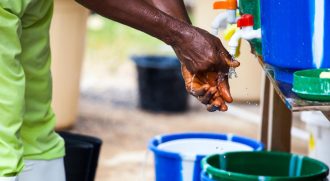 Microbes
MicrobesRecord Ebola epidemic strikes
A record outbreak of the deadly disease has already claimed nearly 1,000 lives in West Africa. Scientists suspect bats or eating some other wild animals may have triggered the epidemic.
-
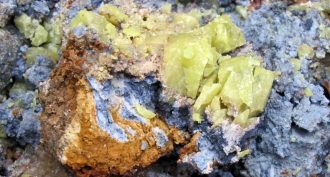 Health & Medicine
Health & MedicineClay: A new way to fight germs?
Geologists have discovered a type of volcanic clay that shows promise in fighting infections — maybe even ones resistant to antibiotic medicines.
-
 Microbes
MicrobesThe Bahamas’ African roots
Ocean bacteria may have built the Bahama islands, fed by dust blown across the Atlantic from the Sahara Desert.
-
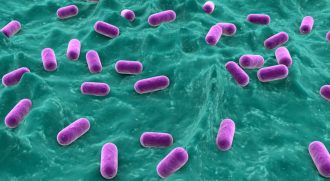 Microbes
MicrobesThe war on superbugs
Doctors and scientists are exploring ways to stem the growing global crisis of antibacterial resistance.
-
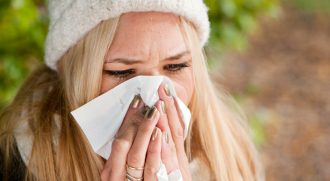 Microbes
MicrobesExplainer: What you can do to fight antibiotic resistance
Doctors and scientists are not the only people who can help preserve the effectiveness of life-saving antibiotics. Even patients have a role to play, as these tips show.
-
 Microbes
MicrobesThe HIV cure — that wasn’t
Immediate and aggressive drug treatment of a baby born with HIV appeared to have cured the girl. In fact, a follow-up shows, she still has the disease.
By Janet Raloff -
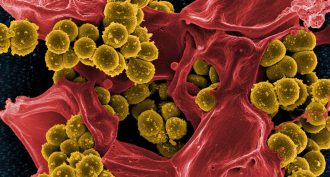 Microbes
MicrobesSuperbugs: A silent health emergency
Have antibiotics become too popular? Overusing these medicines fuels resistant germs that pose a global health threat.
-
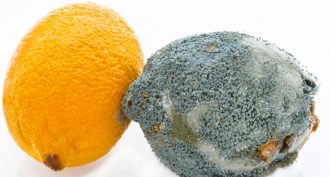 Microbes
MicrobesExplainer: Where antibiotics came from
A mold proved the source of the first known antibiotic: penicillin. But chemical dyes would lead to the first antibiotics used in treating people.
By Esther Landhuis and Janet Raloff -
 Microbes
MicrobesHow a germ killer could backfire
A common ingredient in toothpaste and hand sanitizers kills germs on contact. But it also can kill the helpful germs that make water safer.
-
 Microbes
MicrobesConvincing bacteria they’re alone
Caffeine may be the trick to confusing some bacteria into thinking they’ve not yet summoned enough troops to launch a successful attack on their host. It could prove an alternative to antibiotics for certain infections.
By Sid Perkins -
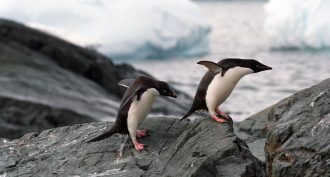 Animals
AnimalsEven penguins get the flu
Scientists have just identified ‘live’ bird flu virus in Antarctic penguins. But the infections may not be novel. There are some signs these germs have been infecting local wildlife for up to 80 years.
By Janet Raloff